Wah-ila-toos: Clean Energy Initiatives in Indigenous, rural and remote communities

To support the transition to clean energy in Indigenous communities, our initiative’s goal is to provide funding for clean energy projects to reduce the use of diesel for heat and/or power in Indigenous, rural and remote communities.
About us
What is Wah-ila-toos?
Wah-ila-toos’ mission is to provide funding for renewable energy and capacity-building projects and related energy efficiency measures in Indigenous, rural and remote communities across Canada.
Diesel is a well-known and reliable energy source in Indigenous, rural and remote communities. However, it can also have negative impacts on communities and the environment. The transition to clean energy continues to be important to many Indigenous communities and the Government of Canada as we work together towards reconciliation.
We strive to be more cohesive under this single window initiative, with a no-wrong-door approach, to improve access for Indigenous, rural and remote communities to access Government of Canada funding and resources for clean energy initiatives.
Our name
We are honoured to have been gifted the sacred name Wah-ila-toos, by Indigenous Grandmothers and Elders, during a ceremony held on Treaty 6 Territory at the Northern Forestry Centre in Edmonton, on February 6, 2023.
Wah-ila-toos serves as a reminder that we are all related, that we are all in a relationship with everything and everyone, and that we are all kin. The name bestows the responsibility to be in good relations with all living and non-living kin. It represents the meaningful relationships that we strive to establish with our Indigenous partners.
Wah-ila-toos is a hybrid word formed from three words in the Nehiyaw and Michif, Inuinnaqtun and Haíɫzaqvḷa languages.
Indigenous Council supporting Wah-ila-toos
The Indigenous Council consists of 7 representatives who share their knowledge and provide guidance on program and policy development to reduce barriers and complexities within application processes. The Indigenous Council will also develop recommendations on a long-term strategy for the clean energy transition.
The Indigenous Council is distinctions-based with First Nation, Inuit, and Métis representation, and reflects diverse communities, languages, geographies, skills, and gender.
The Indigenous Council’s involvement in program and policy development is an important mechanism to ensure that Indigenous voices are represented in decisions on Indigenous energy sovereignty and to help inform federal policies aimed at taking climate action.
How we work
We are committed to improving community access to federal clean energy funding and resources.
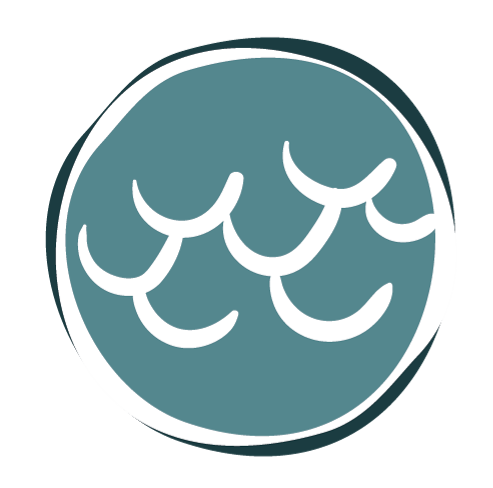
Community-centered approach
Program officers work directly with communities to support mobilizing assets within communities, increasing their control over their energy future and well-being, and respecting self-determined priorities while offering applicants additional technical and project development support.

Flexible timeline
We review applications on an ongoing basis. There is no deadline to apply, until funding is fully allocated.
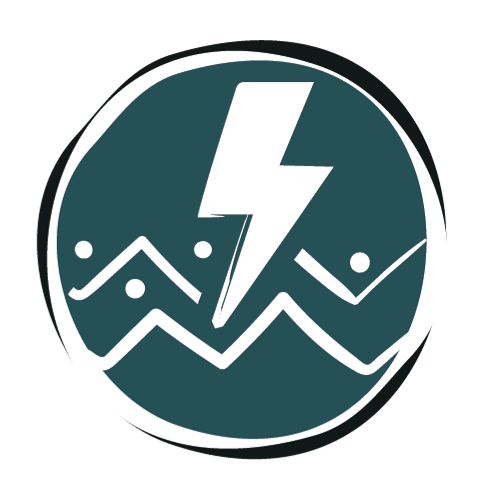
Engagement and dialogue
We have ongoing dialogue with program proponents, partners, and applicants, as well the Indigenous Council which provides guidance on the inclusion of Indigenous perspectives in program design and delivery, provides support for strategic projects, and helps guide our engagement processes for policy development and decision-making.
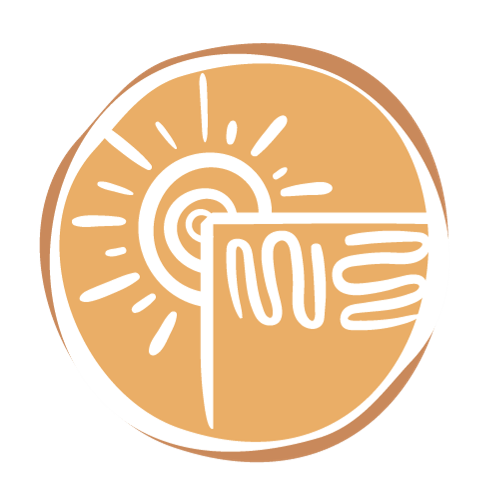
Meeting you where you are at
We provide funding support for various needs and projects, from training opportunities to feasibility studies. Our Pathfinding support help the navigation of Canada’s web of clean energy programs and funding opportunities. Funding is available to support a broad spectrum of activities related to clean energy projects, depending on the community’s requirements.
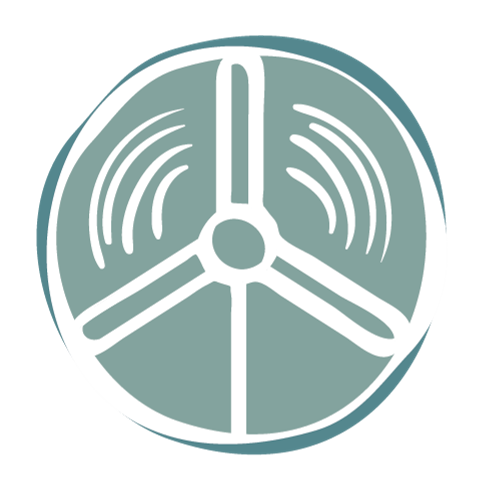
Remove barriers
A pathfinding officer provides information on programs that are supplementary or alternative to Wah-ila-toos and connects proponents with programs and resources that are better suited for their project(s).
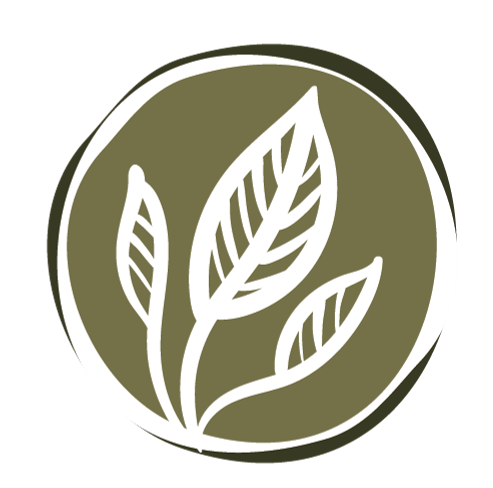
Hands on support
Provide timely support for communities during their clean energy transition. If eligible, an assigned program officer works directly with the project proponent to support their development of a completed application.
Contact us
If you have any questions, please contact us at nrcan.remoteenergy-energieadistance.rncan@canada.ca
Related links
- Indigenous Council for Wah-ila-toos
- The Clean Energy in Indigenous, Remote and Rural Communities Hub gifted an Indigenous name
- Indigenous Off-Diesel Initiative
- Clean Energy for Rural and Remote Communities program
- Northern Responsible Energy Approach for Community Heat and Energy program
- Strategic Partnerships Initiative
- Canada’s Partnership with Indigenous Peoples on Climate
Page details
- Date modified: